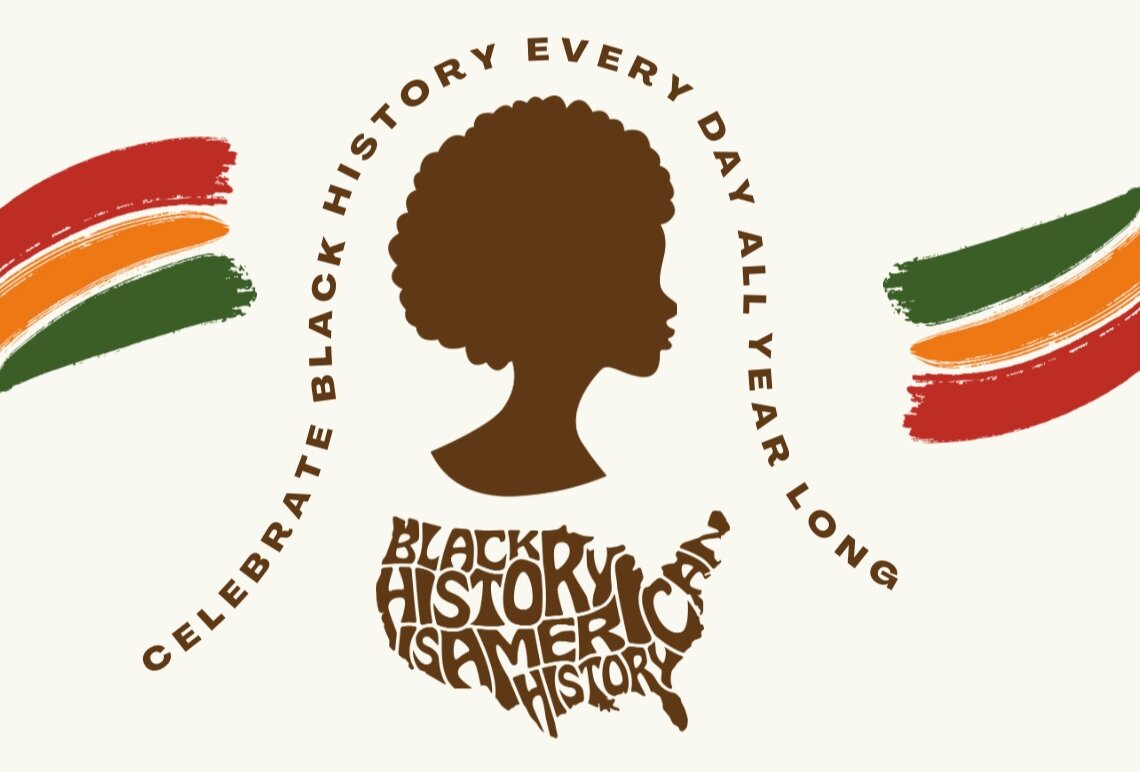Beyond Celebration: Black History Month as a Beacon of American Unity

“Black History Month is more than a celebration. It’s a powerful reminder that Black history is American history.“
– President Joe Biden
The concept of commemorating black history in the American calendar originated in the 1920s. Martin Luther King Jr was yet to walk the earth, many southern states still adhered religiously to Jim Crow, and the Civil Rights Movement was still in its infantile stages. Yet despite the mass discrimination that dominated huge swathes of America, leaders such as Carter G. Woodson believed firmly in the establishment of such a week. “If a race has no history, it has no worthwhile tradition, it becomes a negligible factor in the thought of the world, and it stands in danger of being exterminated.” Thus, Negro History Week was born. To the surprise of those who held steadfast to the old ways, the commemoration spread like wildfire. Originally adopted by several states and a few more school boards, Negro History Week eventually evolved into its current form. By 1976, Black History Month was being celebrated across America. However, the nature of the prolonged recognition begged the question: how did a month commemorating the contributions of a minority dominate the hearts and minds of modern day America? How did an entire community rise from the ashes of slavery to become a celebrated contributor to modern day politics, art, and culture?
Black History – American History
Discrimination resides not in deed alone. Rather, its roots can be traced to the deepest levels of societal thought and belief. Indeed, slavery had been justified for decades as the only logical choice of action, as African Americans were believed to be capable of nothing else. The rise and significant contributions to the collective of American culture by leaders such as Frederick Douglass served to challenge such dogma. The recognition of the similarities and capabilities inherent in all human beings combated the racism in our hearts, even as the Civil Rights Movement fought it in deed. The result was an America that shone brighter for all its people; not only those who until then had known not of liberty and the pursuit of happiness, but for those who had hitherto been deprived of the former’s beauty and grace. The subsequent presence of the community in American music, sports, literature, academia, politics, and beyond served as a reminder that black liberty is American liberty, black happiness is greater happiness for all. Black history is American history.
Black History Month Today
History is not merely a textbook to be studied, but an experience to live. Today, black Americans continue to make history as an inseparable segment of the American people. Regardless of who received your vote in the 2008 and 2012 presidential elections and the fractured society in which we live, we must acknowledge that black history is not simply a relic or a commemoration of the past. Rather, it is the rich reality that surrounds us. It is the legacy of our times. It is an opportunity to share and rejoice in the American story.
For black history is indeed American history.
